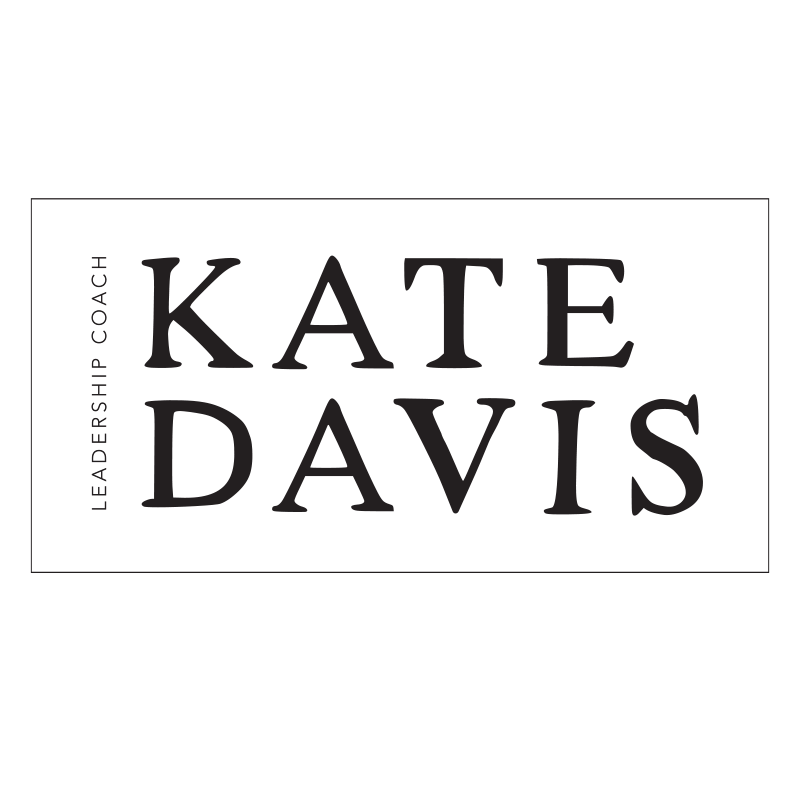Engaging Gen Z in the workplace
Entire industries and businesses will rise and fall in the wake of the Generation Z. Though the contours of this change have long been evident, few leaders have made substantive progress in preparing their organizations. With the clock ticking, a critical question remains unanswered: Will you be ready?
Gen Z have grown up in a totally different world surrounded by social media, instant access to information and surrounded by technology that we could never have imagined back in the 80s.
They are less likely to trust big organisations or the media. Having been brought up in a disposable world, they can be more cynical about the existing organisational structures
But there are lots of positives about the younger generation and what they can bring to the workplace.
They are more inclusive and understanding of differences. They are interested in social justice and want to bring about change.
So who are they? Generation Z, born between 1997 and 2012, are entering the workforce in droves.
They are the first true digital natives, they have grown up with social media, tikTok, YouTube and audio books and podcasts.
This generation brings a unique perspective that can benefit all organisations.
Yet here is the BUT, they have different expectations and career aspirations to the older generations.
So when it comes to recruiting and retaining Gen Z talent, you need to understand what motivates them.
Here’s why you should focus efforts on engaging this emerging generation. And how to do it successfully.
Gen Z Offers New Skills
Having grown up with internet access from a young age, Gen Z lives life online. As a result they have strong technology skills from their personal lives. These skills carry over easily into professional abilities like learning new programmes quickly, communicating across digital platforms and understanding how to use data to gain insights. Their adeptness with the latest apps, devices and networks enables organisations to advance how they operate and serve customers.
They Care About Company Values
More than previous generations, Gen Z seeks employers whose values align with their own. Nearly 70% say an organisation’s ethics influence their job choice. They priortise sustainability, DEI (diversity, equity and inclusion and overall social responsibility. They expect transparency about corporate impact and want to work for companies contributing good to the world.
Gen Z Seeks Meaning and Growth
While millennials pioneered things like flexible scheduling and remote work policies, Gen Z want to learn and opportunities for growth. Roughly 80% of Gen Z applicants want L&D to be high up on the agenda for any company they are considering. They care more about amassing diverse skills than chasing promotions. They want employers who provide ongoing training, mentoring and chances to expand their role over time. Offering these options helps attract and retain Gen Z talent within your organisation.
If you want to properly engage Gen Z Workforce into your organization:
Connect Work to Purpose: Clearly explain how their individual tasks, teams and broader company all contribute value to society through products or services offered. An aligned team work so much better if everyone shares a common goal.
Provide Cross-Training and Upskilling: Let them learn various functions through stretch assignments, shadowing and internal mobility programmes. Support attending external workshops or online classes too.
Gather & Implement Ideas: Create open channels for suggestions like slack channels, town halls and weekly team sync ups. Demonstrate your action with their input by adapting policies, tools, etc and give them credit.
Finally, Gen Z’s strengths suit the modern, tech-enabled workplace. By understanding their motivations around purpose, development and company values—and providing these—the youngest generation can bring impressive aptitudes that enhance how your organisation functions and positively impacts the world. Adjusting approaches to engage this group pays dividends all around.

